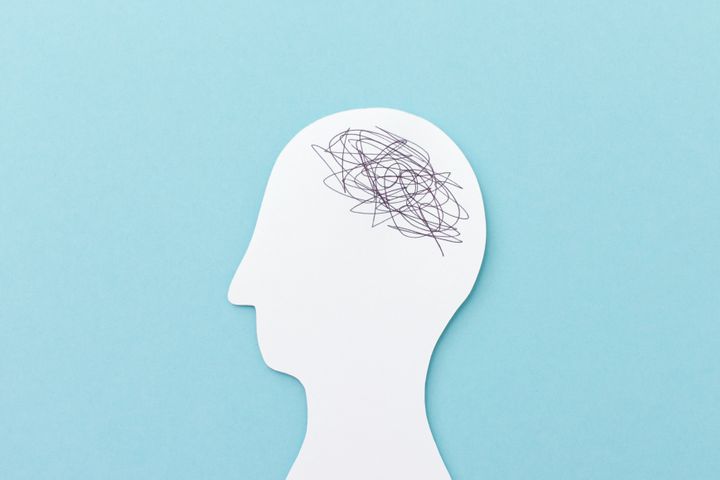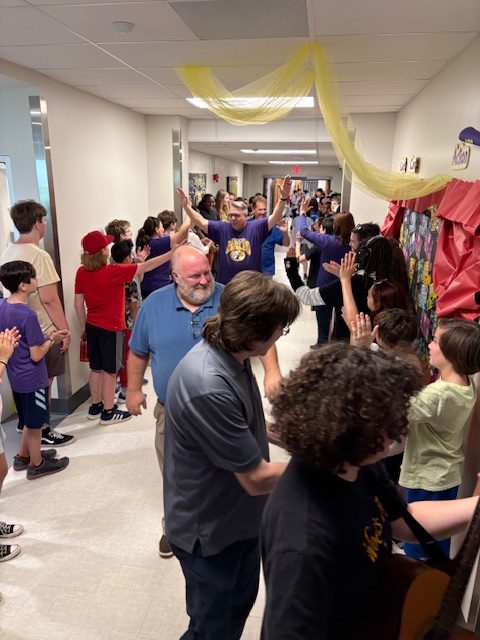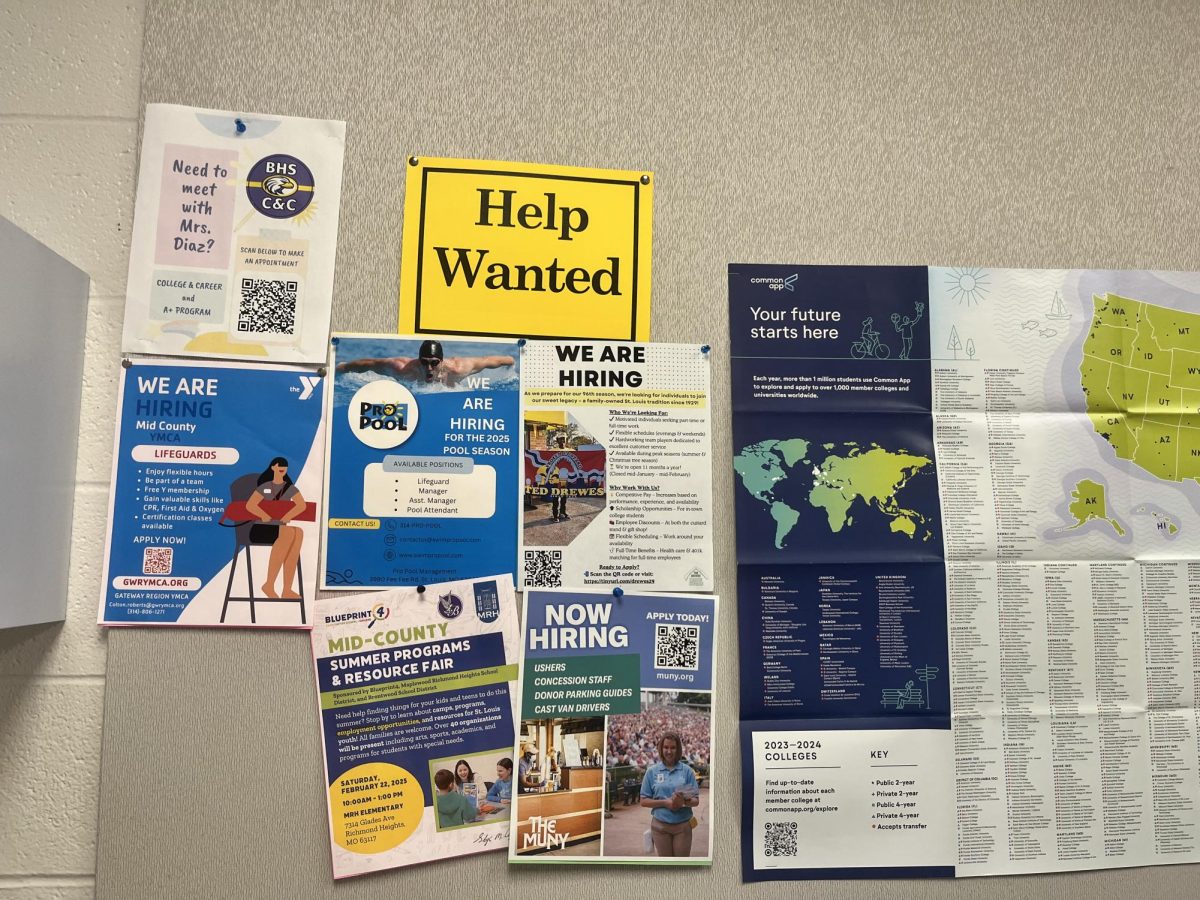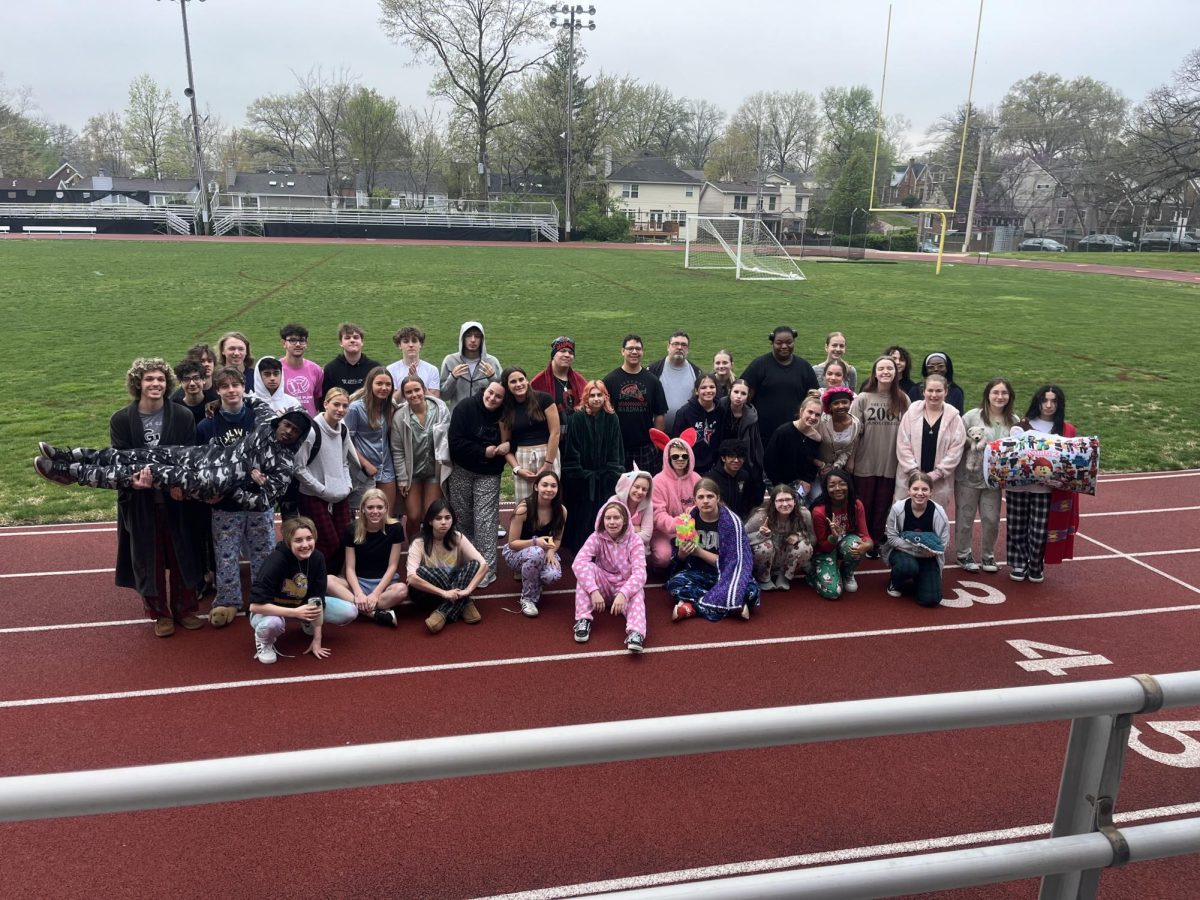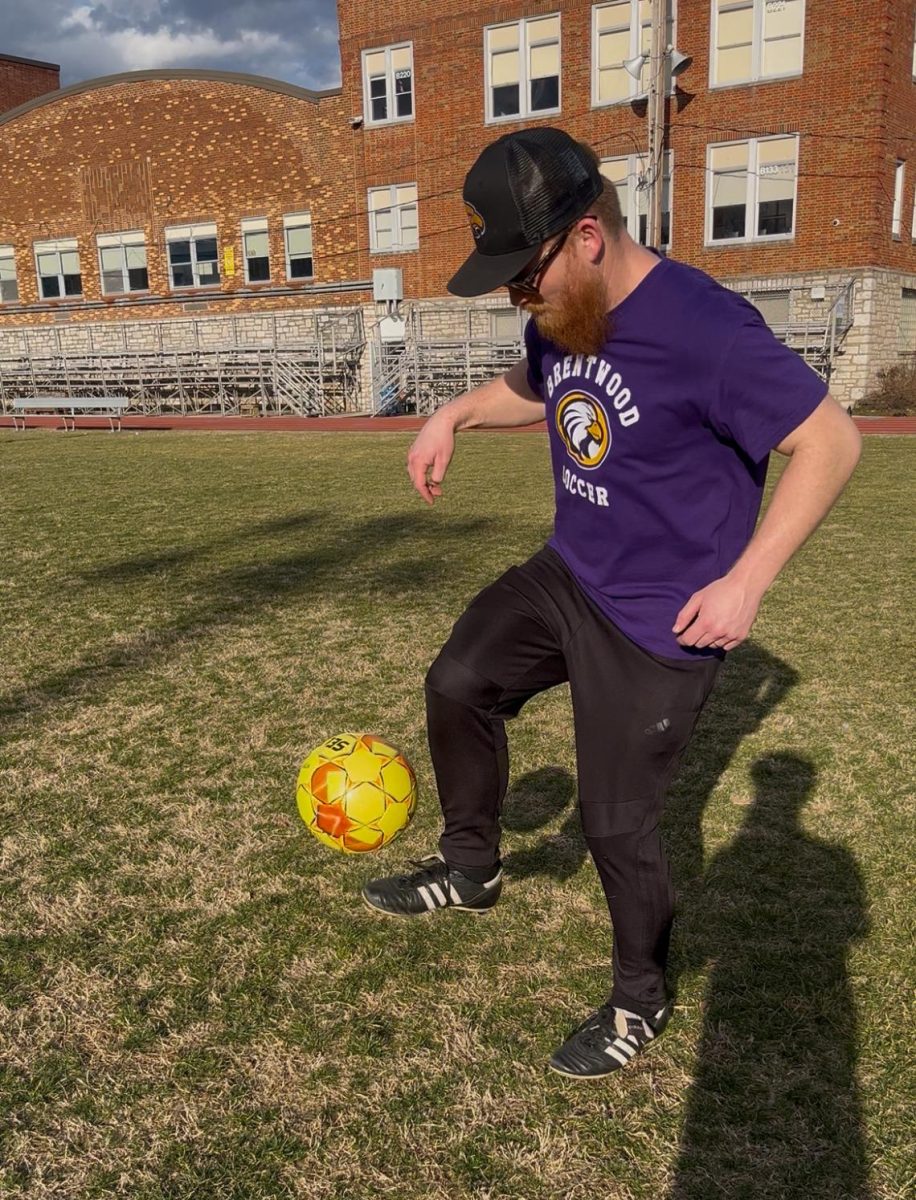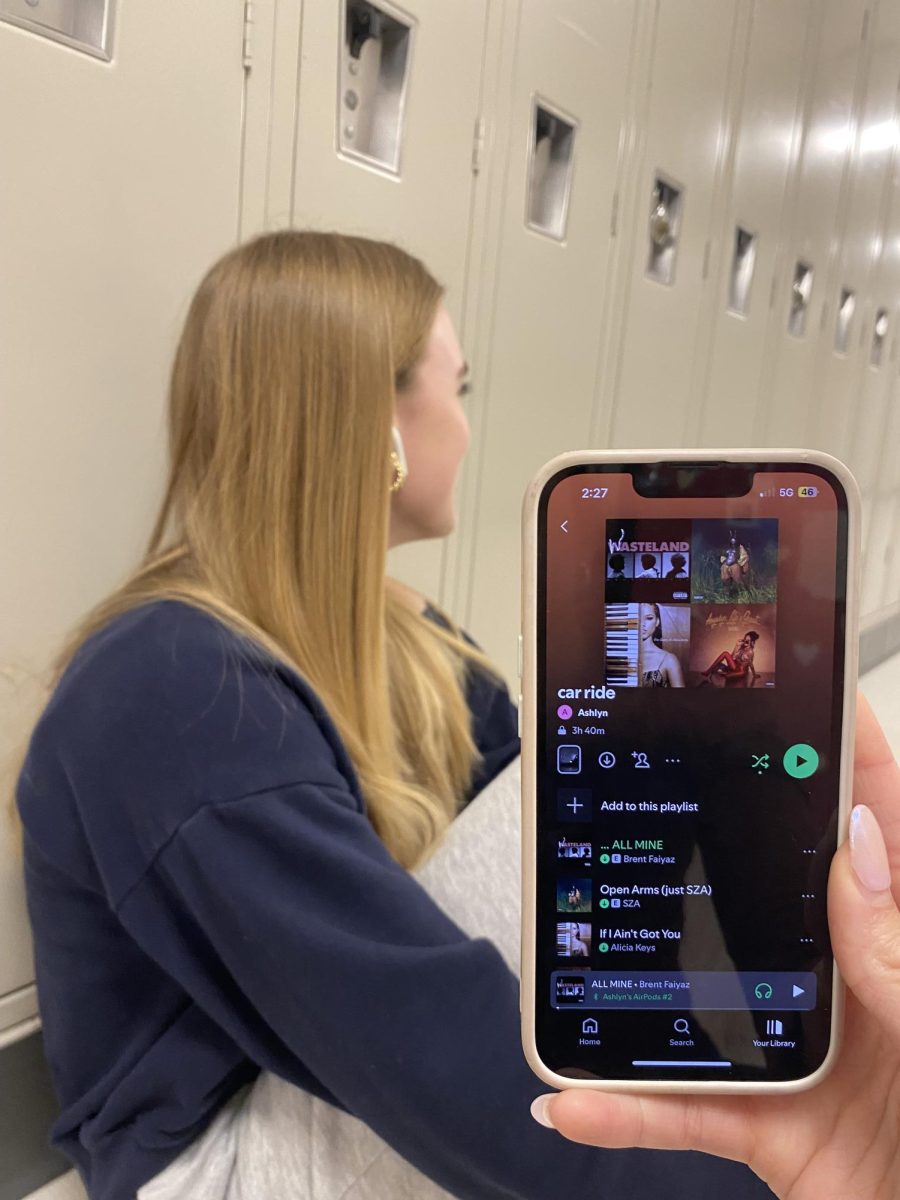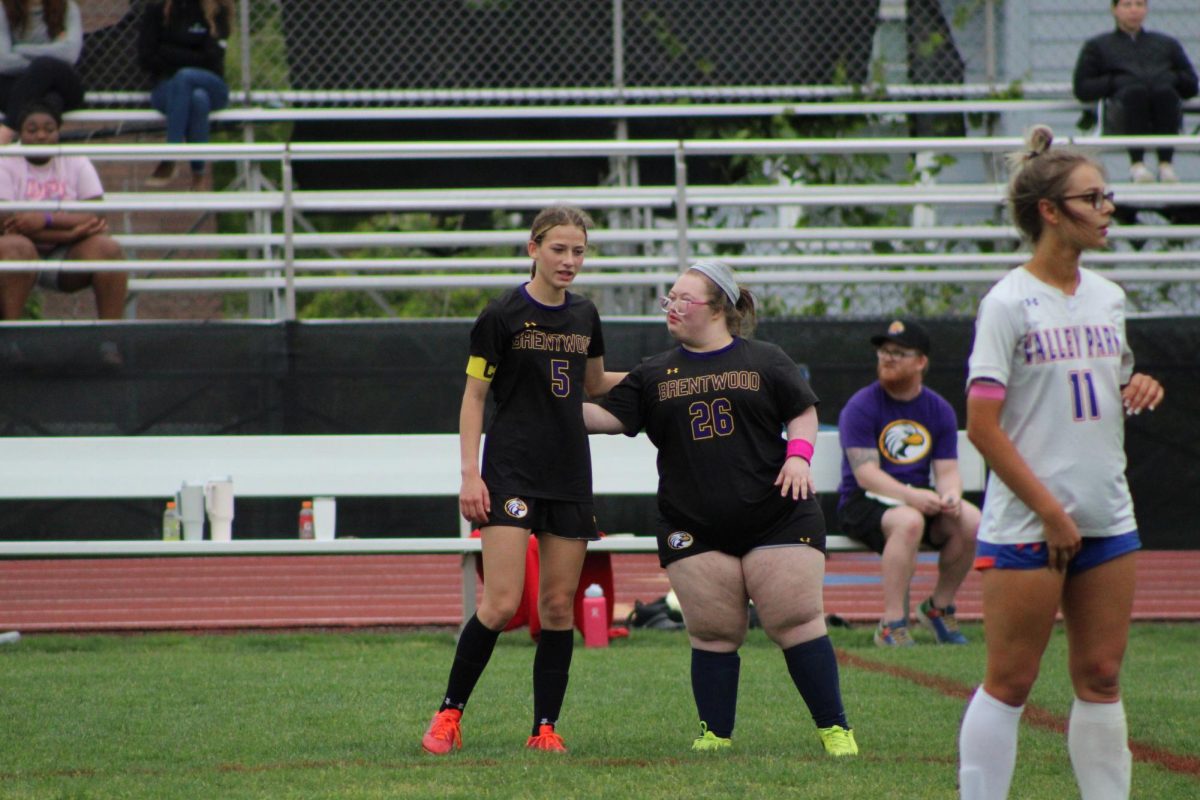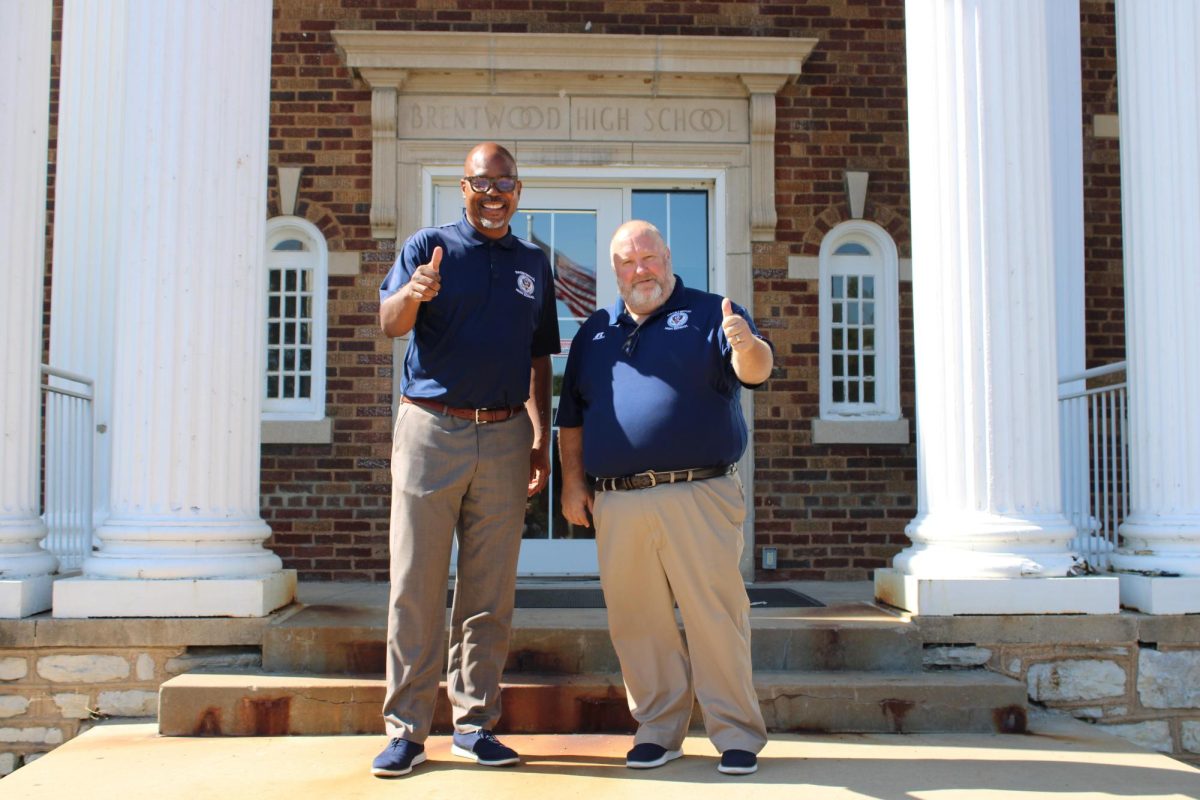Palms are sweaty, there is pounding in the chest, thoughts are frantically racing, and the worrying won’t seem to stop. This is anxiety. Everyone has experienced it at some point in their life whether adult, teen or child. Many aspects of daily life can cause stress and anxiety to the point of discomfort and unproductiveness. But anxiety is more than just surface level and can stem from brain chemistry, personality traits, and genetics. According to the Anxiety and Depression Association of America, anxiety disorders affect “40 million adults in the United States age 18 and older, or 18.1% of the population every year.”
There is much more to anxiety than just one term, and there are different types that identify each circumstance:
Generalized Anxiety Disorder: worrying over everything, very hard on themselves, constantly seeking approval
Panic Disorder: unexpected panic/anxiety attacks with no trigger, concerns over having another attack
Separation Anxiety: excessive anxiety away from home/extreme homesickness carried into older age
Social Anxiety Disorder: intense fear of social situations and activities, impairs school performance
Selective Mutism: people who refuse to speak in social situations to the point of impairing school work and making friends, no eye-contact and little things to keep busy
Obsessive-Compulsive Disorder: unwanted and intrusive thoughts about completing rituals and routines
Posttraumatic Stress Disorder: intense fear/anxiety, irritability, emotionless, avoid circumstances due to direct involvement in a traumatic event
Although it is a normal part of life, there are ways to cope and aid in anxiety prevention. When anxiety takes hold, people have a higher risk for poor schoolwork, substance abuse, and social challenges. By focusing on traumatic events in children and adults, communities can help others through these times to lessen the negative effects.
A poll from brentwoodeaglenews.com showed that out of 64 people, 48% felt the most anxiety from schoolwork, 25% from public speaking, 12% from sports, 10% from friends and peers, and 5% from family. Senior Mackenzie Marentette says, “I think anxiety and stress are more put on yourself” as a result of what happens in life. By taking just a few steps, these aspects of life can easier for everyone.
Planning and time management are key to controlling heaps of schoolwork, but also taking breaks. Stopping to calm down and take deep breaths is a highly effective way to remain balanced and focused. While it may be basic, anxiety and stress cause the mind and body to need adequate amounts of sleep to recharge and refuel, so making sure students carve out that time for the wonderful world of snoozing is vital. Back in kindergarten, angry spells were solved by counting to ten before talking to a classmate. Don’t discount that practice! When the feeling of anxiety is breaching, by stopping and counting to 10-20, everything slows down. Realizing that this is only temporary and all will be well can stop any anxiousness at hand.
Everyone loves making people laugh, so embrace that! Crack a joke when in stressful public speaking situations; welcome the humor. It not only releases tension but makes everyone in the situation feel comfortable. This feeling translates to the speaker, as well, to quell their stress. Following triggers and knowing what causes discomfort, whether that be family, friends, or peers, can also control feelings. Journaling to reveal any commonalities is also beneficial to pinpoint those triggers.
And most importantly, speak up. Freshman Amelia Van Uum said that anxiety can be a scary thing to discuss, especially if it’s not taken seriously. Van Uum said, “As a freshman, there is definitely a lot of new pressure and work that takes time to learn how to manage. It takes a toll on your mental health.” But, talking it out with teachers about schoolwork, coaches about sports, counselors about family, or family about friends, releasing those thoughts and receiving support can help cope with anxiety. Seeking help is something that all individuals need to do.
Whether a young child or a grown adult, anxiety has its hold over many aspects of our lives. By learning, responding, and acting on these feelings, we can all better our experiences together and be there for one another.


